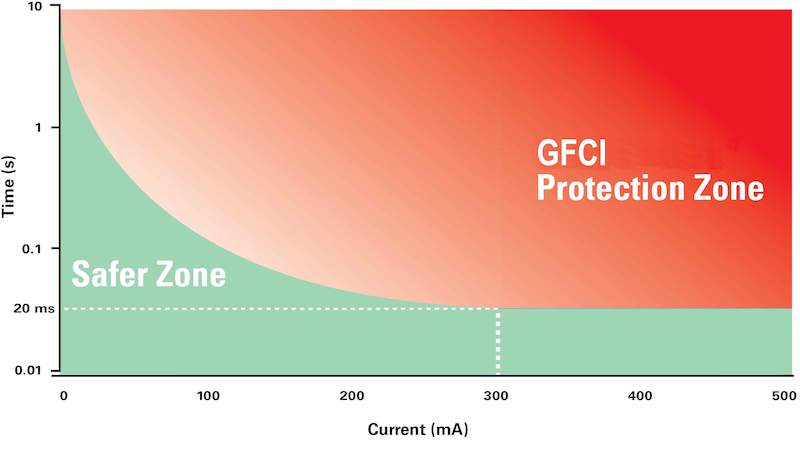OK, I will have to agree with your disagreement. (lost yet?)
As far as the
NEC goes, GFCI only pertains to Class A devices, 150V to ground or less. Class B is still allowable ONLY for swimming pool lights.
UL however has added more "classes" when they updated UL943 to Rev C a few years ago and they DO refer to them as "GFCI". So yes, , even though the definition of "GFCI" is only referenced in the NEC to Class A and B, now there are different classes per UL, such as Class C, D and E for higher voltages,
so long as certain other criteria are met.. Here is a handy little chart for figuring out how it all works.
View attachment 2557246
But again,
UL is not the NEC, there is no requirement for GF
CI protection for 480V equipment in the NEC, so the use of these devices is not mandatory, it is voluntary..


